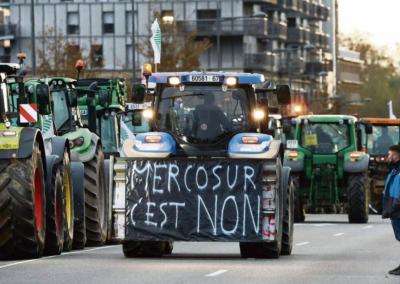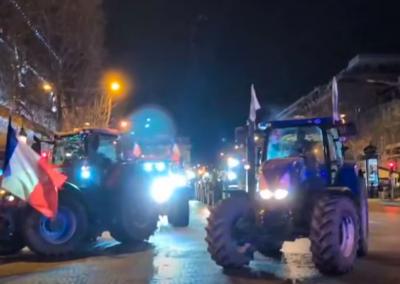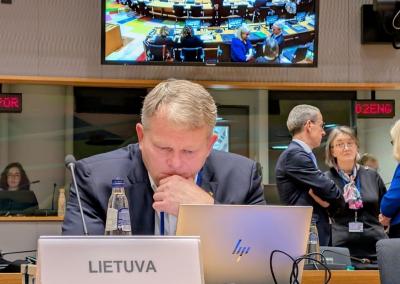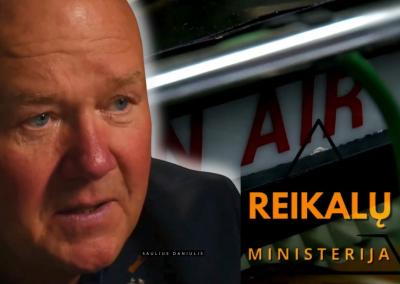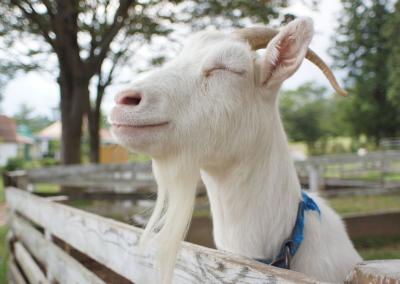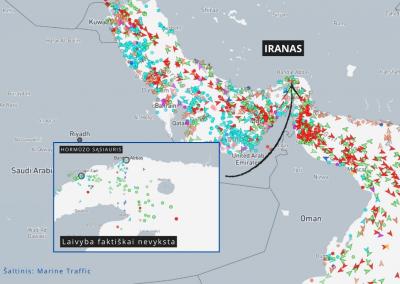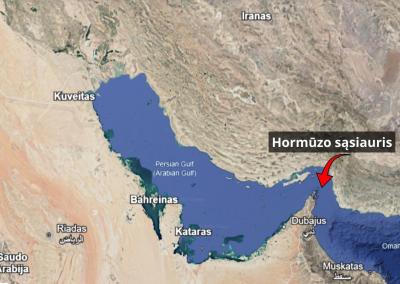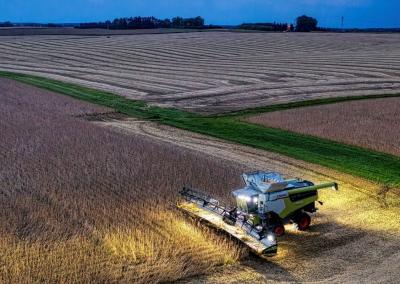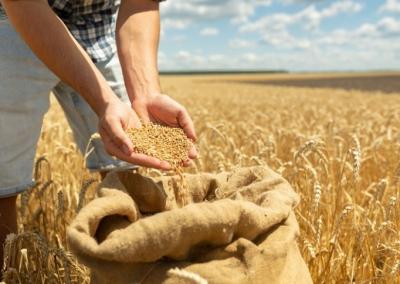Copa-Cogeca proposes to strengthen farmers' position in the food supply chain
In response to the European Commission's (EC) package of proposals to strengthen the position of farmers in the food supply chain and to respond to the protests by farmers across Europe in early 2024, Copa-Cogeca's Working Groups have produced a comprehensive position paper, which provides both support for a number of the proposed initiatives and a clear commentary on the risks and potential areas for improvement.
The overarching objective – a fairer and more sustainable chain
Copa-Cogeca broadly supports the EC's aim to strengthen farmers' bargaining power, reduce unfair trading practices and promote sustainable agricultural development. This is necessary not only to ensure the fairness of the food supply chain, but also to protect farmers from pressure, especially on smaller farms or in regions where their bargaining power is particularly limited.
Positive aspects of the proposals:
- The introduction of written contracts between farmers and buyers, which would help to ensure transparency and predictability.
- Development of sustainability agreements – not only from an environmental point of view, but also from a socio-economic point of view.
- Extension of recognition of producer organisations (POs), including multi-sectoral organisations.
- Proposal of brokerage mechanisms to help farmers negotiate terms and conditions.
- Financial support for the fruit and vegetable sector – an important step towards strengthening competitiveness.
Challenges and concerns:
However, Copa-Cogeca notes that some of the proposed provisions may have negative consequences if not properly adapted to the different sectors and cooperative structures: Formal contractual requirements may make it difficult for cooperatives, which often operate on the basis of internal agreements; The treatment of unrecognised producer organisations as cooperatives may violate competition principles; The 33% production threshold for producer organisations may limit their growth; The underfunding of the agricultural reserve is not enough to manage market imbalances.
Specific comments on the Regulations:
Changes to Regulation (EU) No 1308/2013:
The definition of the short supply chain needs to be clarified and the concept of "close links" needs to be consolidated.
In the dairy sector, it is proposed to leave flexibility – written contracts do not have to be mandatory.
It is proposed to maintain the possibility for cooperatives to operate without additional contracts with members.
Regulation of producer organisations:
The existing framework that protects the specificity and internal operating models of cooperatives should be maintained.
An unreasonable requirement to contact each member individually could undermine the integrity of producer organisations.
Enforcement of Directive (EU) 2019/633:
Copa-Cogeca welcomes the intention to strengthen the cross-border control mechanism and to prevent differences in interpretation of the rules between countries.
Copa-Cogeca supports the EC's initiatives that promote farmer cooperation, transparency and sustainability, but stresses that a one-size-fits-all model is not an option given the diversity of the EU agricultural sector. More flexible, realistic solutions are needed that take into account the specificities of individual countries and sectors.
What does this mean for Lithuania?
This debate is also directly relevant for Lithuanian agricultural cooperatives and farmers, who need clear, flexible rules to operate competitively. Well-regulated contracts, the promotion of sustainable initiatives and stronger bargaining power can make a significant contribution to the survival of smaller farms, fair prices and the robustness of the local food system.















